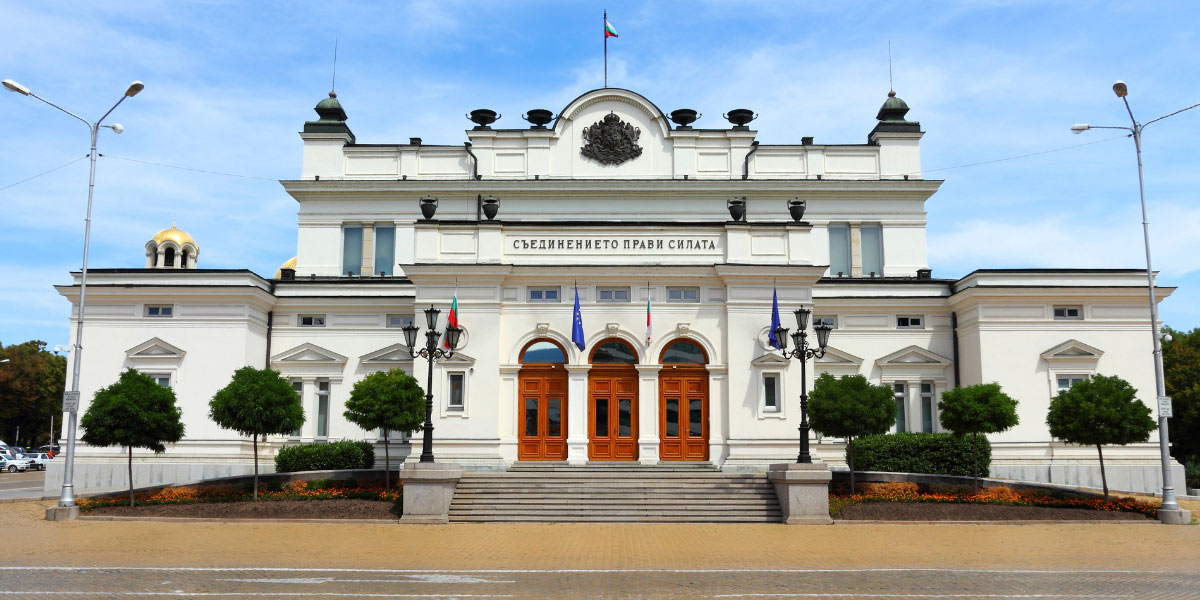The Bulgarian Ministry of Finance released proposals for amendments to the various tax legislations for public consultation on 18 September 2024. The proposed changes aim to align with European Union (EU) laws and enhance the administration of VAT in Bulgaria.
The proposed amendments introduce special VAT regimes for small enterprises, in line with EU Directive 2020/285 and Regulation 904/2010, aiming to harmonise VAT rules across Member States. These changes would grant VAT exemptions to small businesses, both domestically and within the EU, up to a certain registration threshold. The goal is to reduce the VAT burden on small enterprises, simplifying compliance and promoting growth. Bulgaria’s alignment with broader EU VAT laws seeks to create a level playing field for small businesses and facilitate cross-border trade within the EU.
New reporting requirements for VAT-registered businesses have also been introduced, mandating quarterly reports on long-term assets and material stocks to enhance transparency and improve VAT accuracy. This will provide Bulgarian tax authorities with greater oversight of inventory and capital assets, enabling more precise VAT assessments. However, plans for implementing the Bulgarian SAF-T system are still pending.
The amendments also aim to clarify VAT rules for electronically supplied broadcasts, ensuring VAT is charged in the Member State where consumption occurs. This applies to live internet broadcasts and virtual services, aligning with EU efforts to modernise VAT regulations for the digital economy by taxing services where the consumer is based.
VAT rules for financial services have to align with the 2021-2027 EU programming period. They aim to clarify the role of fund managers of financial instruments, particularly those operating as “holding funds” in Bulgaria. These changes are to ensure that VAT provisions remain current and relevant to the Bulgarian economy.
A procedure has been introduced for the application of VAT on imports associated with investment projects. This initiative aims to simplify VAT processes for businesses engaged in investment activities to facilitate the management of VAT on imports.
The amendments propose changes to how taxable turnover is calculated for second-hand goods and travel services. The margin scheme will be replaced by using total remuneration as the basis for turnover calculations. This update aims to standardise VAT practices and reduce inconsistencies in the application of VAT to these services.
The consultation is set to conclude on 18 October 2024.












